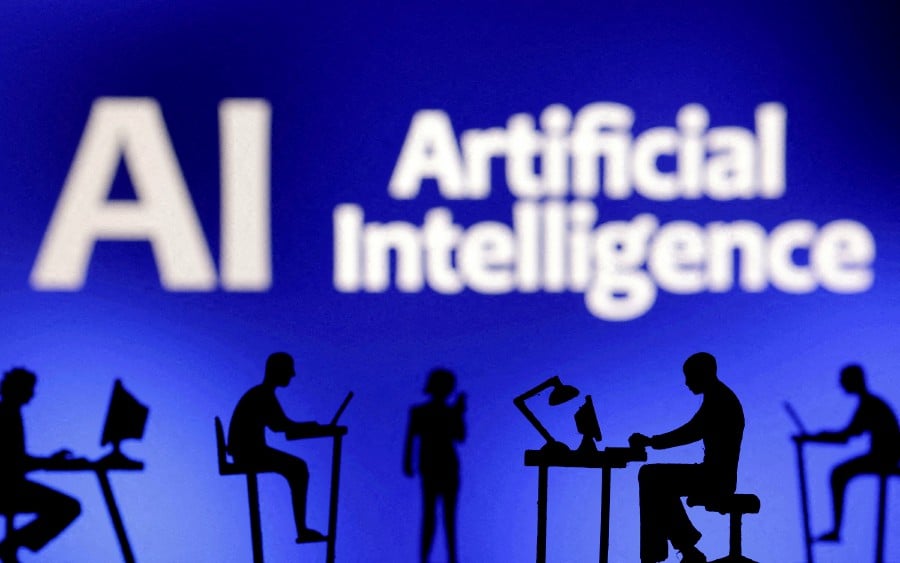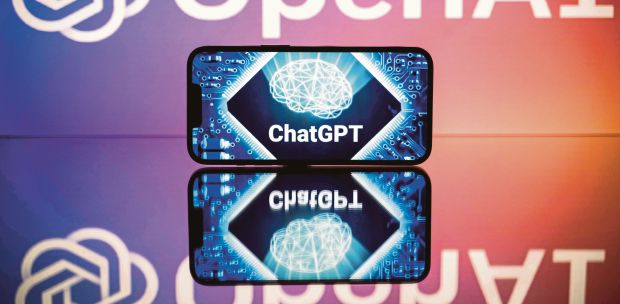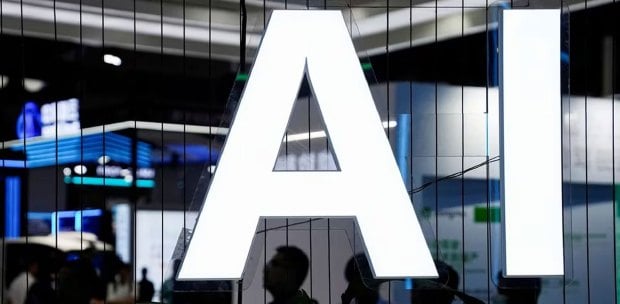MY home country India recently announced a trial run for open book exams at the school leaving boards while in my adopted country, Malaysia, many schools, colleges and universities have done away with exams.
The argument in both cases is that with the current and future use of Artificial Intelligence (AI) not only can human stress be reduced but the stress should instead be on harnessing the power of AI for everything.
Let us for the sake of debate, ponder these issues for the moment. Throughout human history, technology has only changed the ways that human beings function while not necessarily reducing the burden on either the individual or the community.
If electricity transformed society in one electric sweep, it also made us nocturnal animals. In the name of productivity and civilisation, we instead got insomnia and sleep deprivation as some unpleasant by-products.
Ditto for telecommunications - while distant villages in distant countries are now "connected", we have "progressed" to sharing dinner parties engrossed in our mobile phones.
Refrigeration of food may be seen as an indispensable part of the modern world but it has robbed us of the easy availability of locally grown fruit and vegetables in exchange for mass production of ultra-processed items, which are more and more being implicated in the emergence of several lifestyle diseases.
Automation has turned us into prematurely ageing couch potatoes while igniting the relentless spark that is threatening to stealthily destroy our planet with the conflagration of climate change.
I do not for a moment wish to sound like a conspiracy theorist and pompously advocate a retro revival but I continue to be bemused by the latest kid on the block - AI.
There is something deeply sinister about even the way it sounds; while we are perfectly at home with most things artificial by now, the idea of relinquishing our hold on the last frontier - intelligence - is making us squirm with discomfort.
Opinion is divided on whether it is a bane or a boon. I turned to generative AI for the answers to AI and posed a question about a common medical problem, only to be inundated by three pages of gibberish which ended with the advice to "ask your doctor for help".
I then asked my students if they believed AI could change the course of medicine. The answer was a resounding and reassuring "No" - nothing could come in the way of the doctor-patient interaction.
Smug with conviction, I searched for quotes on AI and found the following AI-generated quote: Words are the paintbrush of the mind; let AI be your palette.
Should I be impressed?
Even if the most colourful prose or most moving verse were to be penned using AI I would like to believe that an intelligent human being would turn the above words around into "Let your mind not be painted with the brush of AI but eloquence".
It is ironic indeed that human beings in the modern era, while trying to shake off the mantle of Greek and Latin from their lexicon, instead find themselves in the melee of medical jargon with EBM (evidence-based medicine) and AI.
I say human beings, and not specifically aspiring doctors, because, in the era of the Internet, arcane medical knowledge has become accessible to laymen too.
With socio-political changes in civilised societies, it became imperative that hierarchies be abolished in favour of more egalitarian social structures. It was not long before this paradigm seeped into the specific and specialised arena of healthcare practice.
We now know there is no wise man in a white coat with a magic pill to cure us of our ailments, be they major or minor. Most of the time we have even noticed that most minor ills may be taken care of with small and simple measures, and most of the major ones, barring complex trauma, may be similarly resolved with lifestyle changes if only we put our willpower to it - a question of will, not just a pill.
Patients nowadays have complete, reliable and extensive information regarding most health conditions right at their fingertips. Most are literate and intelligent enough to figure out their own health problem, and ways and means to deal with it.
So, why do they still keep going to doctors? The most obvious answer would be scepticism. An average person does not possess the range and depth of knowledge about the human body as much as a doctor does.
Before making a decision therefore towards administering some form of treatment to a particular ailment, it always feels reassuring to get it from someone who knows better.
This then automatically translates into the element of trust that we put in doctors. We entrust our body into their care with the firm hope that the doctor will first do no harm (or further harm), and then, of course, make us better - the healing and the cure.
EBM has thus steered us from mere eminence and experience to the wealth of evidence that guides a medical decision.
We now must train future doctors to navigate the sprawl of information available over the Internet (to all sections of the population) and furthermore make sense of it, not a mean task by any stretch of the imagination.
And since this looks such an insurmountable challenge, we wonder if AI - stripped of human fallibility - can resolve this issue for doctors and patients alike.
No one has yet any answer to whom we hold culpable for AI failing to deliver, and perhaps even causing harm.
Therefore, even though such impassioned arguments continue to rent the air advocating the inclusion, incorporation and integration of AI in medical education - with the ostensible promise of making it "easier" for medical students and aspiring doctors to learn better and to pass their exams more easily - we must first ask ourselves if we are indeed headed in the right direction.
Is the good doctor simply a provider of solutions, or a compassionate and supportive human being who is not afraid to take a risk when it comes to delivering the care his or her patient needs?
* The writer is senior associate professor, ENT, Faculty of Medicine, AIMST University, Malaysia





